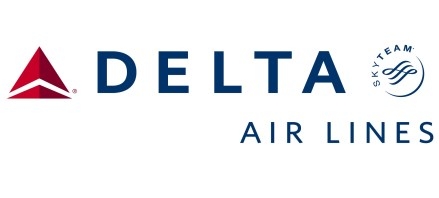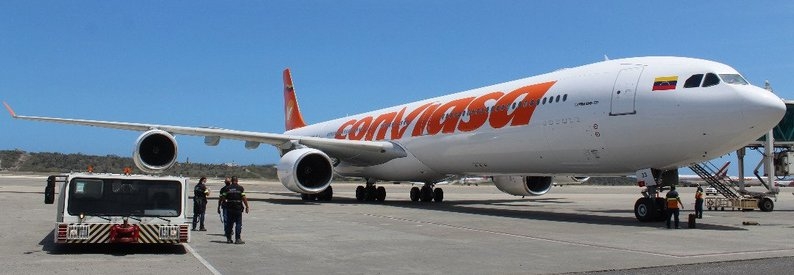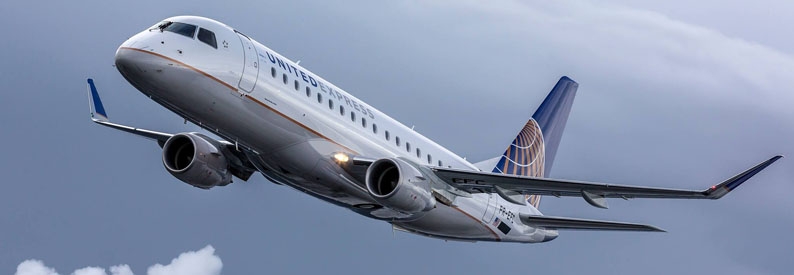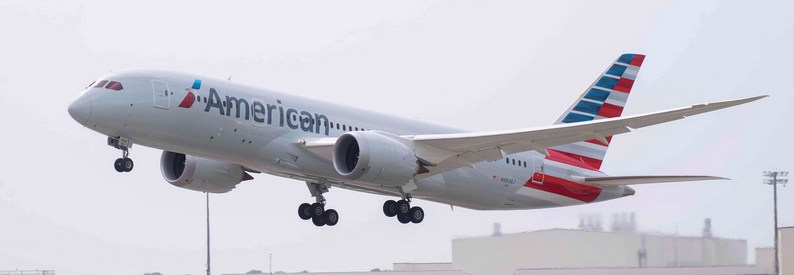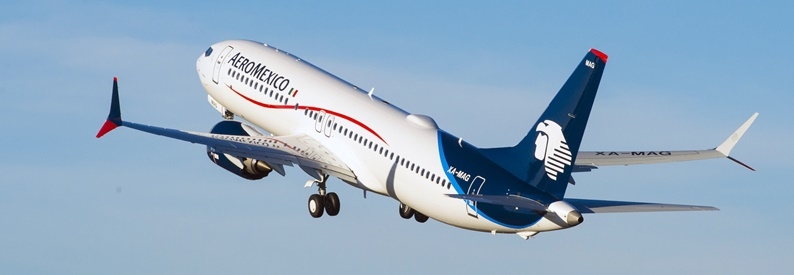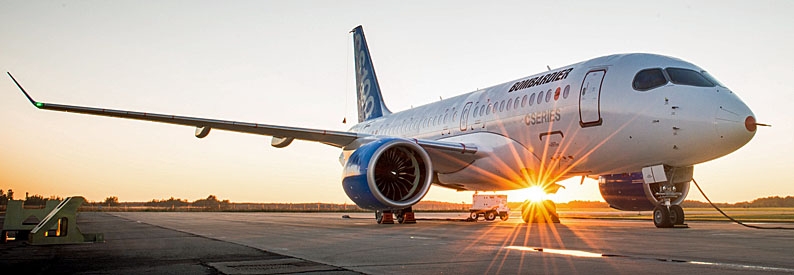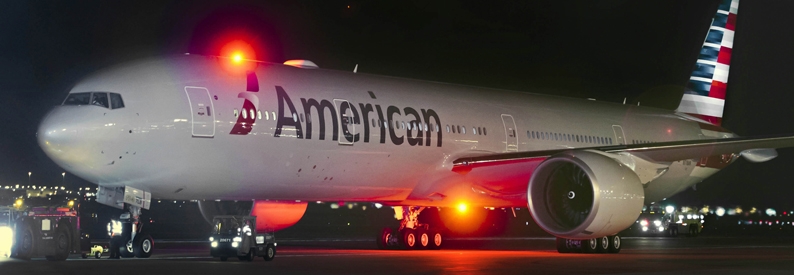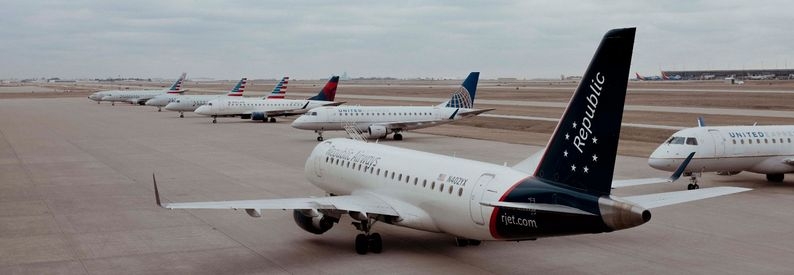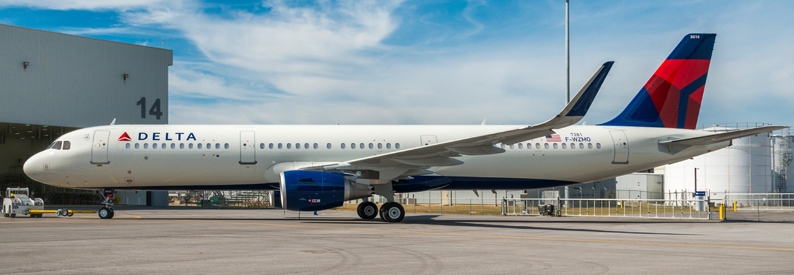Delta Air Lines (DL, Atlanta Hartsfield Jackson) will phase out its 50-seat CRJ200s flying under the Delta Connection brand in Summer 2023, according to president Glen Hauenstein.
Speaking during a call with financial analysts in New York following the airline's financial outlook and strategic update on December 14, 2022, he said the phase-out was product-related as the CRJ200s don't have a first-class cabin. The airline aims to be the first US network carrier to offer first class on every flight next summer, he was quoted by Travel Weekly.
In 2020, Delta announced it would phase out its 125 CRJ200s flying as Delta Connection by the end of 2023. At the time, the reasons given were fleet simplification, modernisation and streamlining of the fleet, better customer experience, and cost savings.
In its third-quarter regulatory filing, Delta said regional subsidiary Endeavor Air (9E, Minneapolis St. Paul International) and capacity provider SkyWest Airlines (OO, St. George Municipal) were operating a combined fleet of thirty-nine CRJ200s for Delta Connection.
According to the US Regional Airline Association (RAA), the number of 50-seat CRJ200s flown by US carriers declined by more than 60% between 2008 and 2020 as airlines increased their flying in dual-class 70 to 76-seat regional aircraft.
Meanwhile, an ongoing US pilot shortage has prompted Delta, United Airlines and American Airlines to cut regional flying more quickly than previously planned. This has resulted in diminished or lost air service at 76% of US airports, according to the Regional Airline Association (RAA), which represents the sector that provides 43% of scheduled passenger flights in the US.
The latest statistics in the association's 2022 annual report show that CRJ100/200s made up 40% of the US regional airline fleet in 2008, but this has steadily declined to 16% by 2022 of the 1,852 total RAA member airline aircraft. On the other hand, the biggest gains have been made in the seat category, with 80-88 seater E170s/E175s now making up 40% of the regional fleet. The average seating capacity aboard regional aircraft now was 66 seats compared to 56 a decade ago, representing an increase of 18% in seating capacity from 2012 to 2021.
Meanwhile, Delta reported a positive outlook both for 4Q22 and 2023. "Our 2023 outlook for 15 to 20% revenue growth over 2022 and margin expansion supports a near doubling of earnings per share (EPS) to USD5 to USD6 per share, keeping us on track for our 2024 earnings target of over USD7 per share," commented Chief Executive Officer Ed Bastian. He said Delta was delivering on key operational and commercial milestones and is ahead of its financial plan for the first year of the airline's three-year plan, established in December 2022.
"In 2023, Delta expects to deliver strong topline growth and significant operating leverage on a full restoration of its network and continued improvements in premium and loyalty revenue. Non-fuel unit costs are expected to decline 5 to 7%, driving margin expansion and a near doubling of adjusted EPS to USD5 to USD6. The company expects to generate more than USD2 billion of free cash flow, enabling further debt reduction," he added.
- Type
- Base
- Aircraft
- Destinations
- Routes
- Daily Flights
